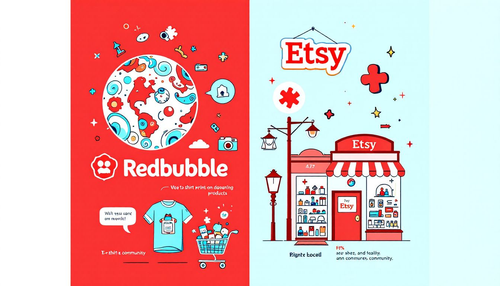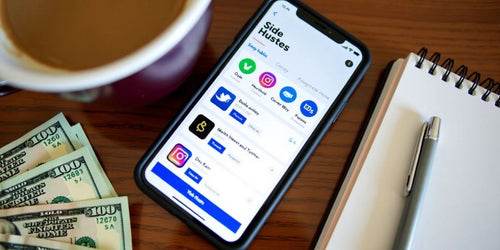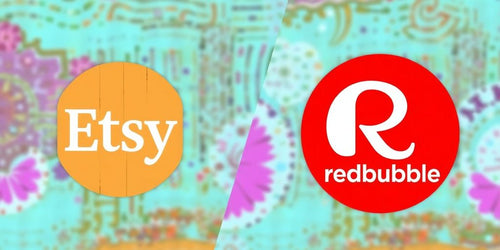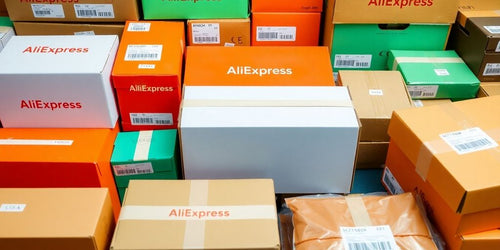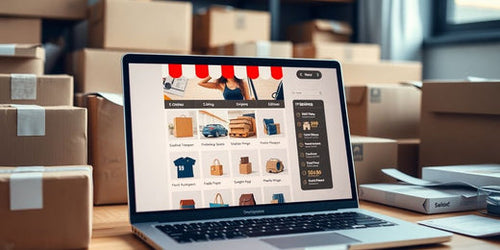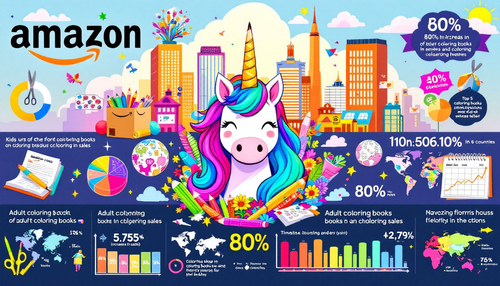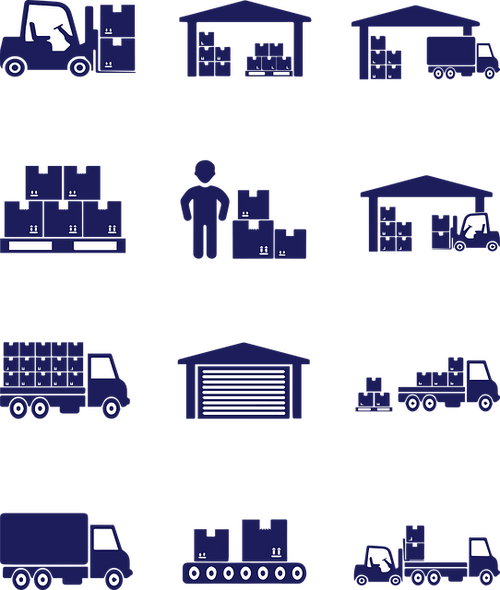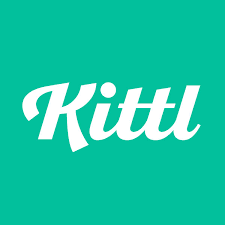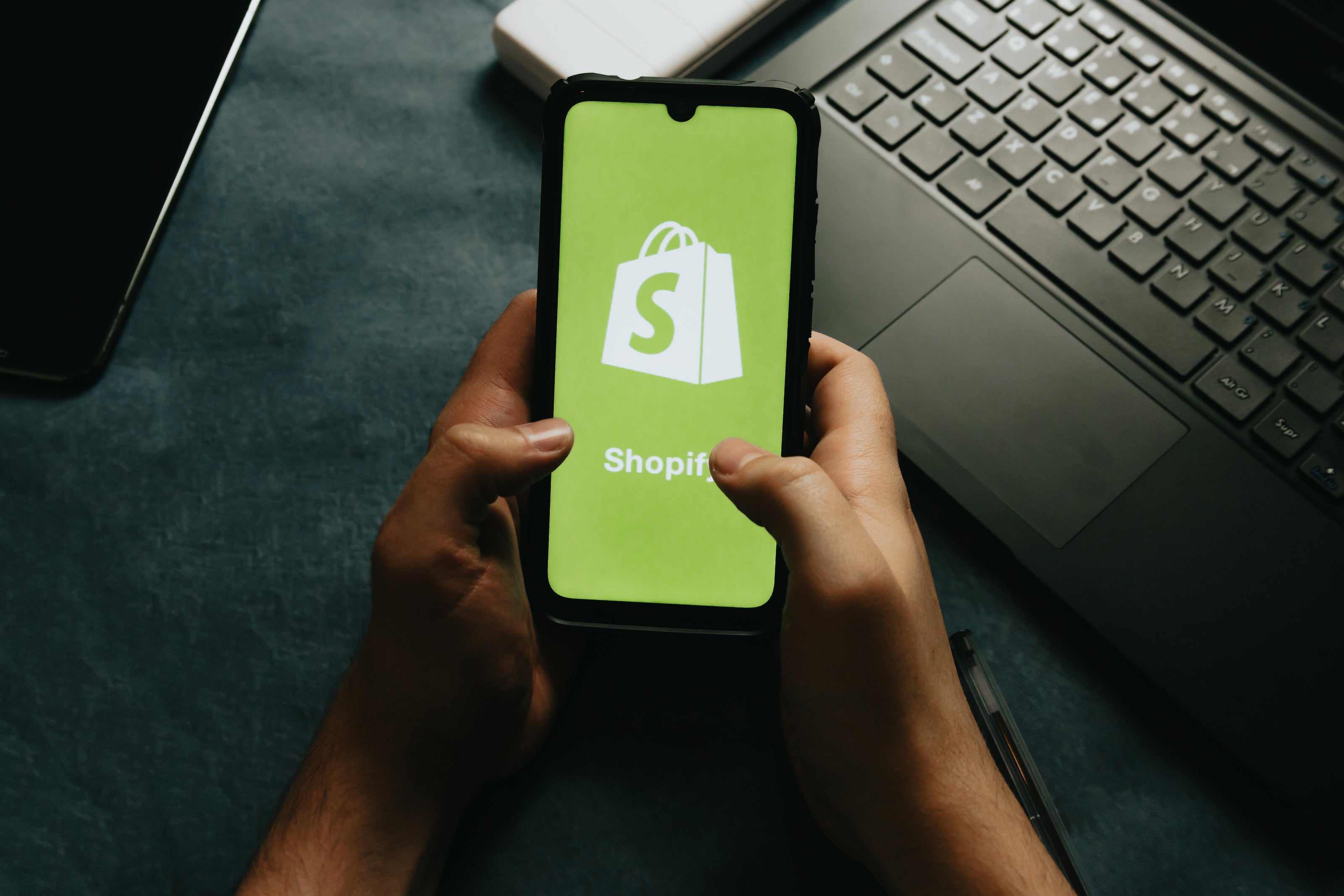
Blogging Your Way to Financial Freedom: A Comprehensive Guide to Using Content Creation to Pay Off Debt
Share
Blogging Your Way to Financial Freedom: A Comprehensive Guide to Using Content Creation to Pay Off Debt
The weight of debt can feel suffocating. It can limit your choices, hold you back from achieving your dreams, and cast a shadow over your financial future. But what if we told you that you could use your passion for writing to break free from this burden and build a brighter financial path? That's right, blogging can be a powerful tool to help you pay off debt and achieve financial freedom.
In this comprehensive guide, we'll delve into the world of blogging as a strategic approach to tackling debt, exploring the practical tips, strategies, and real-life examples that can empower you to leverage the power of content creation to free yourself from debt and create a more secure financial future.

The Transformative Power of Blogging for Debt Reduction
Blogging is more than just a hobby; it can be a powerful engine for financial transformation. When you dedicate time and effort to crafting valuable content, you can attract a loyal audience and monetize your blog, turning your passion into a source of income. This income, in turn, can be used to accelerate your debt payoff journey and build a solid financial foundation.
1. Unlocking the Income Potential of Your Blog
The beauty of blogging lies in its diverse monetization options. You can tap into a variety of strategies to generate revenue from your blog, providing you with the financial resources to tackle debt head-on.

- Affiliate Marketing: Promote products or services relevant to your blog's niche and earn a commission for every sale you generate through your unique affiliate links. This strategy is especially effective when you build trust with your audience by recommending products you genuinely believe in and that align with your blog's content. For instance, if you run a blog about minimalist living, you could partner with companies selling eco-friendly products, sustainable clothing, or compact home appliances, earning a commission for each sale made through your affiliate links. This way, you're not only generating income but also aligning your brand with products that resonate with your audience and values.
- Sponsored Posts and Reviews: Partner with brands that align with your blog's content and receive payment for featuring their products or services. This can be a lucrative avenue, but it's essential to maintain your authenticity and only collaborate with brands that resonate with your audience and your values. For example, if you have a blog dedicated to travel hacking, you could collaborate with airlines, travel insurance companies, or hotel chains, offering reviews or sponsored posts about their services, ensuring that the brands you partner with align with your travel philosophy and values. Maintaining transparency and honesty with your audience is key in sponsored content, as this builds trust and ensures long-term engagement.
- Digital Products: Create and sell your own digital products such as e-books, courses, templates, or printables related to your niche. This allows you to leverage your expertise and provide valuable solutions to your readers, generating income while simultaneously helping them achieve their goals. Imagine, for example, that you have a blog about personal finance. You could create and sell an e-book on budgeting strategies, a course on investing for beginners, or a template for creating a personalized financial plan. This way, you're not only monetizing your knowledge but also empowering your readers to improve their financial well-being.

- Advertising: Display ads on your blog through platforms like Google AdSense and earn revenue based on clicks or impressions. While this method requires a substantial amount of traffic to be truly profitable, it can be a viable option for bloggers who have established a significant following. As your blog grows and attracts a wider audience, you can strategically place ads that are relevant to your content and target audience. Remember, the key to successful advertising is to ensure that the ads are non-intrusive and complement the overall aesthetic and experience of your blog.
- Memberships: Offer exclusive content and benefits to members who pay a recurring subscription fee. This can be a highly effective strategy for building a loyal community and generating consistent income through a recurring revenue stream. For instance, if you have a blog focused on cooking and healthy recipes, you could offer a monthly membership program that includes exclusive access to premium recipes, meal plans, cooking tutorials, and a private forum for members to connect and share tips. This creates a sense of belonging and provides a continuous source of income.
The key to monetizing your blog effectively is to focus on providing valuable content that resonates with your target audience. Build trust and authority in your niche, consistently deliver high-quality content, and you'll find more opportunities for monetization emerge. Remember, genuine engagement and a strong community are crucial for unlocking the true potential of your blog.
2. Cultivating Discipline and Accountability through Blogging
Blogging about your debt-free journey can be a transformative experience. It's not just about writing; it's about creating a powerful feedback loop that fosters discipline, accountability, and personal growth.
- Increased Motivation: Sharing your goals and progress with your readers can ignite a fire within you, motivating you to stay committed to your financial goals. The knowledge that you're inspiring others with your journey can be incredibly empowering. When you document your debt reduction efforts and share them with your audience, you create a sense of public accountability that pushes you to stay on track. Knowing that people are following your progress can be a powerful motivator, especially during challenging times.
- Enhanced Accountability: Knowing that people are following your journey can create a sense of accountability. It's harder to indulge in impulsive spending when you know you'll have to explain your choices to your readers. This public commitment can be a powerful tool for staying on track. This public accountability can be a strong deterrent against impulse purchases and unnecessary spending. Sharing your financial struggles and successes can help you stay on course and make more conscious spending decisions.
- A Platform for Reflection: The process of documenting your journey can help you gain a deeper understanding of your spending habits, identify areas for improvement, and track your progress. It allows you to reflect on your financial choices, celebrate your successes, and learn from your mistakes. This process of self-reflection can be incredibly valuable in cultivating financial discipline. Blogging about your journey forces you to analyze your financial decisions, leading to greater awareness and a deeper understanding of your spending habits. It allows you to pinpoint areas where you can optimize your spending and make more informed financial choices.

Blogging about your debt reduction journey can become a catalyst for positive change, transforming your financial outlook, and helping you stay motivated on your path to financial freedom. It's not just about sharing your story; it's about using the power of writing to transform your relationship with money and create a brighter financial future for yourself.
How to Start Blogging for Debt Reduction
Ready to embark on your blogging journey? Follow these steps to launch your blog and transform your financial life:
1. Finding Your Niche: Discovering Your Unique Voice
The first step is to identify your niche. What are you passionate about? What unique knowledge or skills do you possess? Choose a niche that aligns with your interests and expertise. This will make it easier to create content you genuinely enjoy, attract a targeted audience, and establish your voice in the digital landscape. For instance, if you're passionate about budgeting and have a knack for finding deals, you could start a blog focused on frugal living and sharing tips on saving money on everyday expenses. This niche would allow you to connect with an audience interested in similar topics and build a community of like-minded individuals.
2. Setting Up Your Blog: Building Your Digital Home
Once you've chosen your niche, it's time to set up your blog. There are numerous user-friendly platforms available, including WordPress, Blogger, and Squarespace. Each platform offers its own set of features and benefits, so explore different options to find the best fit for your needs and technical expertise. Design your blog's layout, choose a theme that reflects your brand, and customize it to create a welcoming and engaging space for your readers. For example, if you're starting a blog about travel hacking, you could choose a visually appealing theme that incorporates travel-related imagery and a color scheme that evokes a sense of adventure. Customizing your blog's design and layout to reflect your brand and niche helps create a strong visual identity and attracts readers who resonate with your content.

3. Crafting a Content Strategy: Creating a Roadmap for Success
A content strategy is essential for creating a successful blog. It provides structure and direction for your content, ensuring that your posts are relevant, valuable, and engaging for your target audience. Start by brainstorming potential topics related to your chosen niche, focusing on providing practical advice, sharing personal experiences, and offering solutions to common problems faced by your audience. For example, if you're blogging about debt reduction, you could write articles on topics like budgeting tips, debt consolidation strategies, negotiating with creditors, and building an emergency fund. By creating a content calendar and scheduling regular posts on these topics, you can establish yourself as an authority in your niche and attract a loyal readership.
4. Promoting Your Blog: Sharing Your Journey with the World
Once you've created valuable content, it's time to promote your blog and reach a wider audience. Share your blog posts on social media platforms relevant to your niche, engage with your audience in online communities, and consider guest blogging on other websites to expand your reach and build connections. Consistency is key; create a regular posting schedule and stick to it to maintain momentum and keep your audience engaged. For instance, you could create a social media strategy to promote your blog posts on platforms like Facebook, Twitter, Pinterest, and Instagram. Engaging with your audience through comments, Q&A sessions, and interactive content can further build your online presence and attract new readers. Consider reaching out to other bloggers in your niche to collaborate on guest posts, cross-promote each other's content, and build mutually beneficial connections.
5. Tracking Your Progress: Measuring Your Success and Refining Your Strategy
Monitoring your blog's performance is crucial for identifying areas for improvement and refining your strategy. Track your blog's traffic, engagement metrics, and income to understand what resonates with your audience and adjust your approach accordingly. Analyze your data, experiment with different strategies, and adapt your content to maximize your blog's impact and achieve your financial goals. Using analytics tools like Google Analytics can provide insights into your blog's performance, including traffic sources, page views, bounce rate, and time spent on page. This data can help you identify popular content, understand your audience's preferences, and refine your content strategy to better cater to their needs.
Additional Tips for Blogging Success
- Consistency is Key: Regularly publish high-quality content to keep your audience engaged and coming back for more. Establish a consistent posting schedule and stick to it, whether it's weekly, bi-weekly, or even daily. Creating a content calendar and scheduling posts in advance can help you stay on track and ensure that you're consistently providing fresh content for your readers. Regularly publishing high-quality content demonstrates your commitment to your audience and helps build a loyal following.
- Engage with Your Audience: Foster a sense of community by responding to comments, answering questions, and actively engaging with your readers. This creates a sense of connection and encourages loyal readership. Respond to comments promptly and engage in meaningful conversations with your readers. This shows that you value their feedback and are genuinely interested in connecting with them. Active engagement builds a sense of trust and fosters a loyal community around your blog.
- Network with Other Bloggers: Collaborate with other bloggers in your niche to cross-promote your content, expand your reach, and build valuable connections within your industry. This can lead to mutually beneficial collaborations and opportunities for growth. Reach out to bloggers in your niche and offer to guest post on their blogs, promoting your own blog in return. Networking with other bloggers can provide valuable insights, increase your visibility, and create opportunities for collaboration and cross-promotion.
- Learn from Others: Seek guidance and inspiration from successful bloggers in your niche. Study their strategies, learn from their experiences, and adapt their techniques to your unique approach. Continuous learning is essential for success in the ever-evolving world of blogging. Subscribe to blogs and newsletters related to your niche and follow successful bloggers on social media. Learn from their content, engage with their communities, and adapt their strategies to your own blogging journey.
Blogging: A Path to Financial Freedom
Blogging can be a powerful tool for anyone seeking to overcome debt and achieve financial freedom. By sharing your journey, providing valuable content, and leveraging various monetization methods, you can build a sustainable income stream that will help you pay off debt faster and secure a brighter financial future.
Embrace the power of blogging and turn your passion for writing into a tool for financial empowerment. Remember, financial freedom is within your reach, and blogging can be your roadmap to get there.












